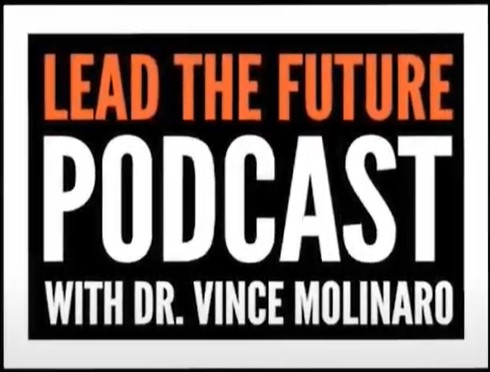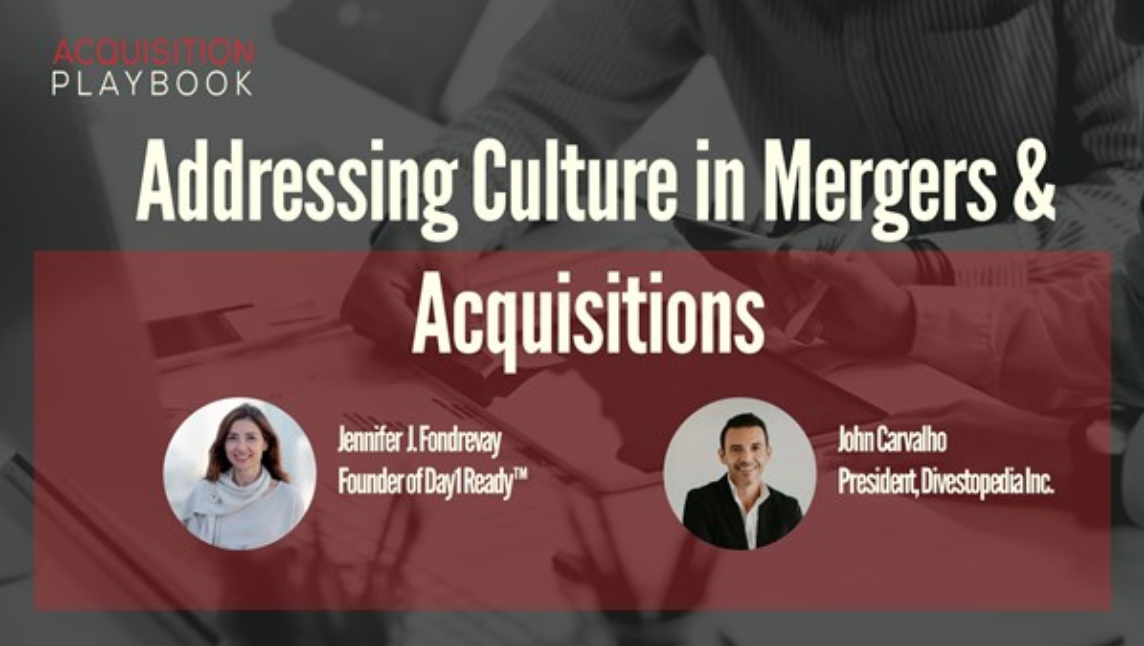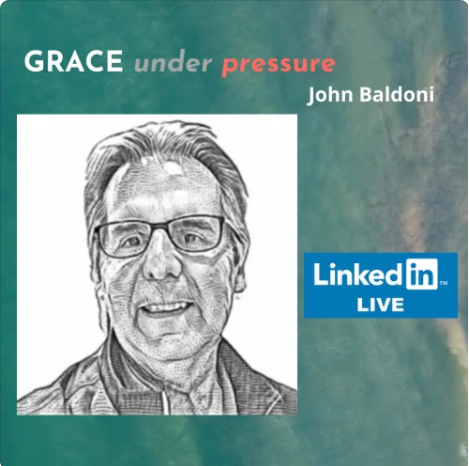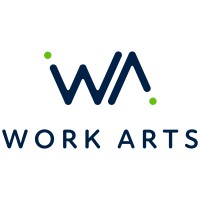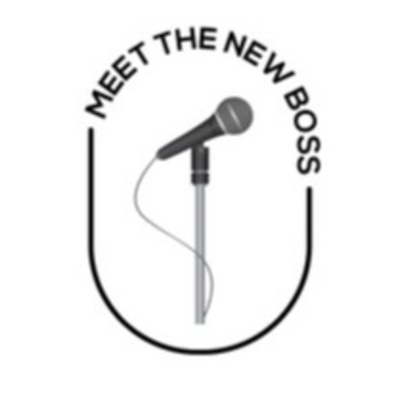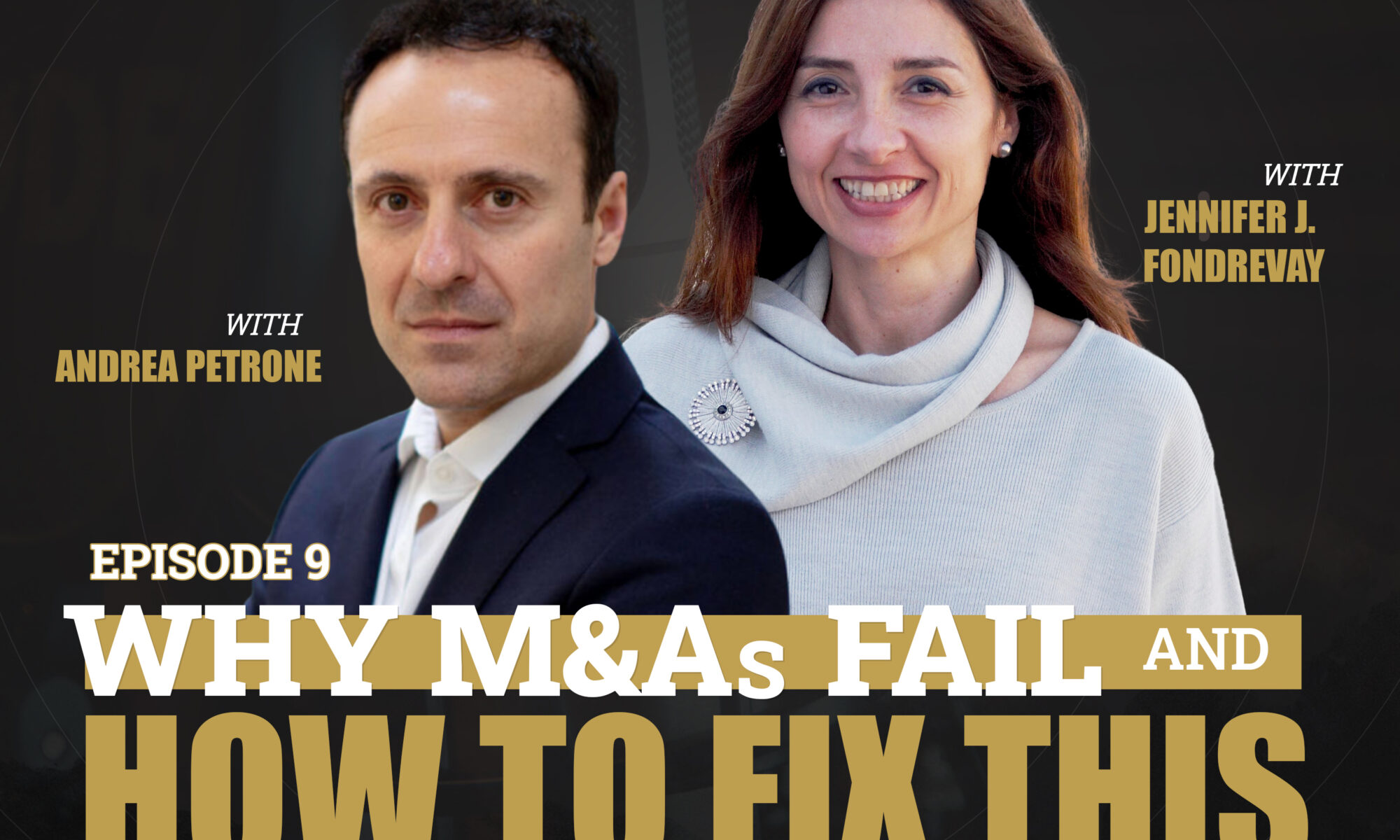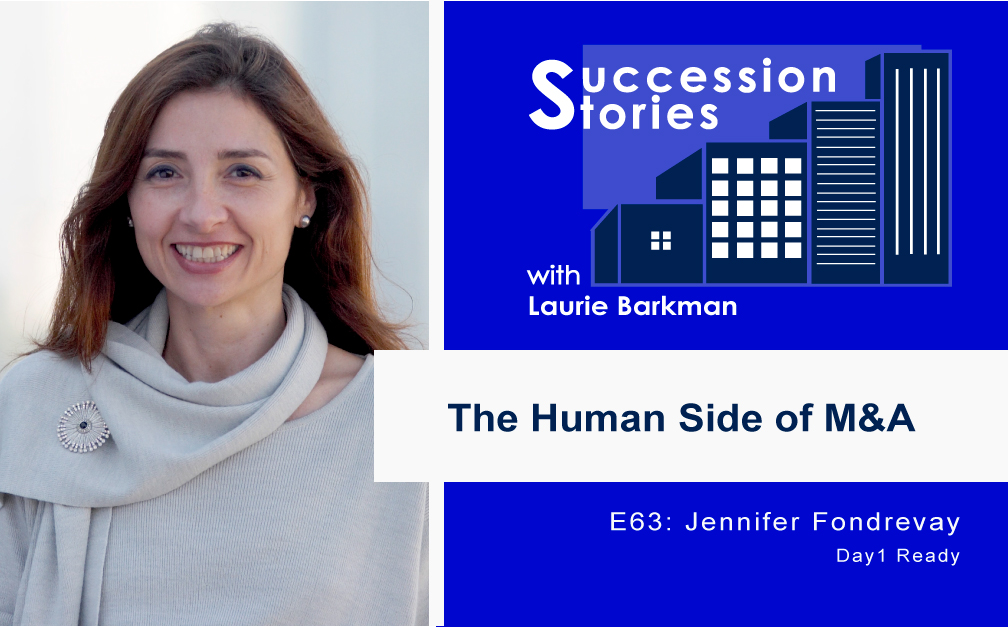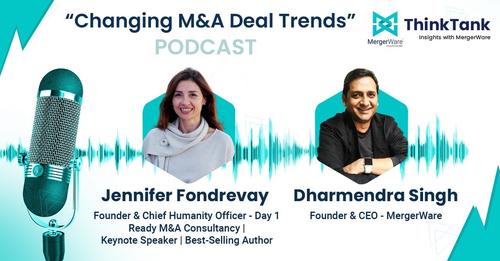Jennifer joins Dr. Vince Molinaro on Lead the Future to discuss how senior leaders can prepare for human capital challenges when undergoing a merger or acquisition, as well as how leaders themselves can navigate the changing and often ambiguous environment that arises post M&A.
PODCAST: Addressing Culture in Mergers & Acquisitions
Jennifer discusses navigating corporate culture in mergers and acquisitions with John Carvalho of Divestopedia.
The full podcast can be found here.
PODCAST: The Teller: Your Bank Merger is On Hold…Now What?
As part of The Teller’s continued content series on mergers and acquisitions in banking, Chris McGuire spoke with Jennifer on the added complication of what marketers should do when they find themselves in limbo as governmental restrictions keep their bank’s merger or acquisition from moving forward. Chris and Jennifer discuss typical M&A timelines, the “stages of grief” for employees, how to future proof your bank marketing career during an M&A and more. The full interview transcript can be found here.
PODCAST: Going Solo: Feeling Grief After Losing a Job
Feelings of grief are common when you lose a job. In this Going Solo episode with David Shriner-Cahn, Jennifer shares her strategies for overcoming the grief you feel when you lose your career identity.
- Mourning the future that won’t be [04:44]
- How to go from denial to acceptance [07:50]
- Bargaining: stuck in the middle with yourself [10:34]
- What makes the best credibility for a consultant [15:58]
- The reason why a large percent of M&A fail [19:00]
- How being on a quest can help you overcome grief [20:36]
PODCAST: GRACE under Pressure
Jennifer joined John Baldoni on LinkedIn Live for GRACE under Pressure, where he interviews thought leaders and doers whose ideas and actions are helping us come to a greater understanding of ourselves and the greater opportunities that await us.
You can listen to this podcast on YouTube, Spotify or Apple Podcasts.
Work Arts Interview
In this Work Arts interview, Brandon Curry and Jennifer J. Fondrevay discuss their individual experiences leading and advising organizations through mergers, acquisitions, and other significant transformations. Jennifer shares how calls for help have changed, including her perspective on lessons leaders have learned from leading through the pandemic that help us lead through transactions and transformations. Brandon and Jennifer also discuss how post-merger integration culture and team development work is different following nearly two years of hybrid and remote work.
PODCAST: Vincent Catanzaro, “Meet the New Boss”
A fun conversation with Jennifer, Vincent Cantanzaro and Jeff Niebhur as they discuss the characters that emerge in M & A – that’s right we said fun and M&A. They review the pitfalls in M & A and discuss the music associated with the process.
Listen to the full podcast here: Vincent Catanzaro, “Meet the New Boss”
PODCAST: WHY M&AS FAIL AND HOW TO FIX THIS
One of the primary reasons that a merger may fail is less about strategic, operational, or financial fit. Rather, it may be that the two companies’ embedded cultures cannot be easily aligned. Some issues may surface during the due diligence phase but identifying how the cultures are going to work together is paramount.
In this podcast with Andrea Petrone, Jennifer discusses:
- The mutual benefits in employing humility, respect, and understanding.
- Why there needs to be acceptance of the change occurring within the workforce.
- How to retain critical talent in the workplace.
- Why it is important to lead by example.
Read the full article about the interview here: Why M&As Fail and How to Fix This
PODCAST Succession Stories: The Human Side of M&A Deals
Did you know that 80% of mergers and acquisitions fail? An often overlooked yet critical aspect of M&A deals and transitions is the people factor. Jennifer Fondrevay, Founder of Day1 Ready, advises senior executives on how to plan for expected challenges. Listen in as Laurie Barkman talks with Jennifer about the emotional aspect of business transition, and how those emotions come into play for a newly merged organization. If you’re anticipating a company transition in your future, listen in to learn more about how strategies around the human factor can drive greater success in M&A deals.
Listen in to learn more about:
- What to anticipate from your workforce when you announce an M&A deal
- Three key things to consider when buying or selling a business
- Benefits of a human capital-centric approach to M&A
- How to build confidence and synergy among different parties involved during a transition
PODCAST with Dharmendra Singh, Chief Executive Officer -MergerWare
Our Featured Guest for this Podcast was Jennifer J. Fondrevay, the Founder and Chief Humanity Officer of Day1 Ready M&A Consultancy. Dharmendra SINGH, CEO – MergerWare had an insightful discussion with Jennifer on relevant M&A aspects like the impact of the past year on M&A, the recent M&A trends, and how companies are getting prepared for Post-Merger Integration.
As Jennifer says, “One trend I hope continues [since the pandemic] is the greater emphasis on employees & the workforce. The workforce itself is saying “No, this doesn’t work for me”. Many people are re-evaluating what work means for them and the workforce is having a greater influence on what happens in an organization.”
